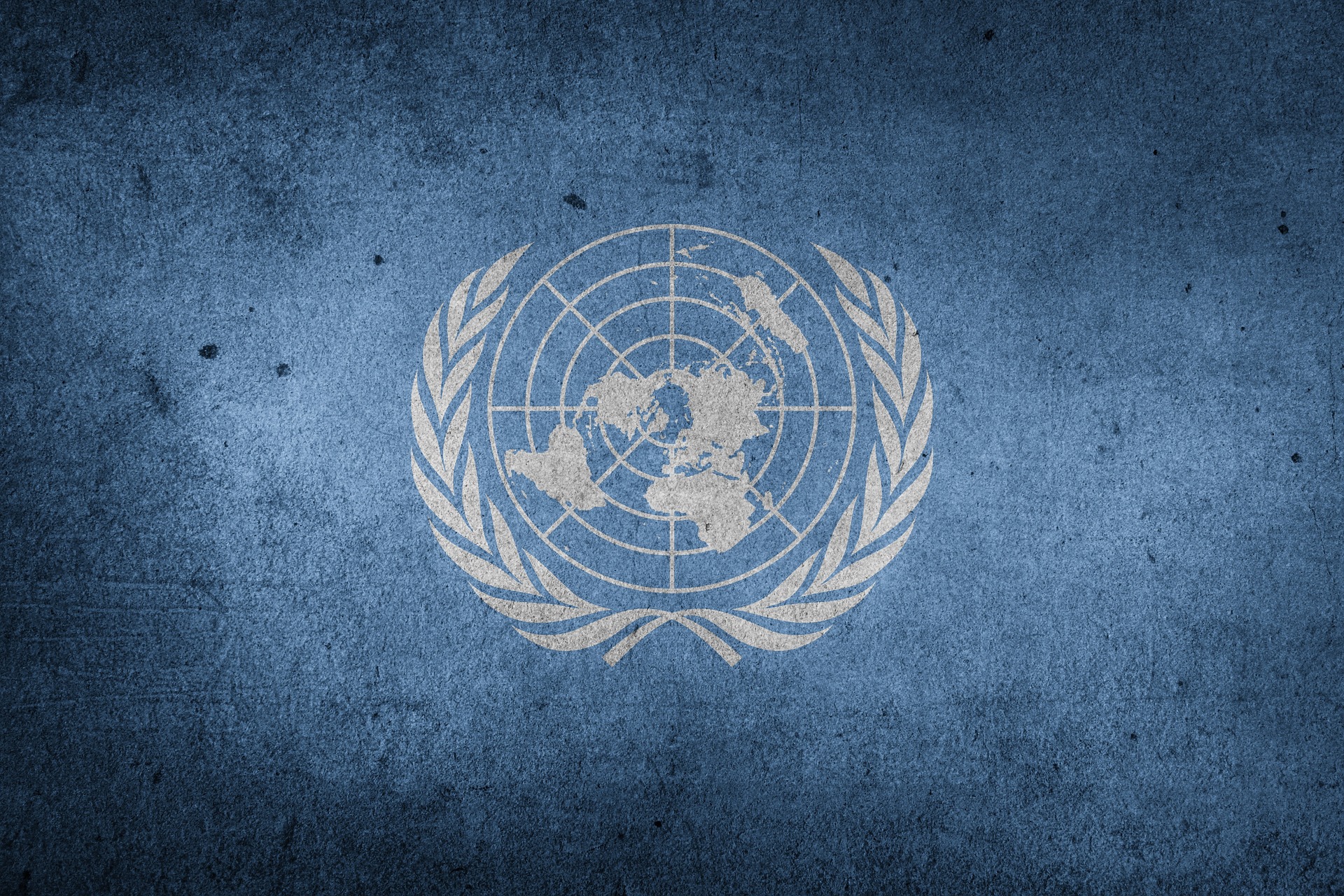The newly adopted “Delhi Declaration” will see members of the United Nations Security Council (UNSC) Counter-terrorism Committee working together to draft guidelines on the abuse of drones, social media platforms, and online crowdfunding by terror actors. Adopted on Saturday in New Delhi, after the second innings of the Committee’s two-day meeting held across Mumbai and New Delhi, member states pledged to issue non-binding guiding principles to counter “digital terrorism". They will also release a “compilation of good practices on the opportunities offered by the same set of technologies to tackle threats”. Launching global efforts to stem the misuse of cryptocurrencies and encrypted messaging for terror activities was one of the steps orally flagged by Minister of External Affairs S. Jaishankar to counter technology-aided terrorism at Saturday's meeting, reported The Indian Express. Noting that international terrorism was being redefined by emerging technologies, Jaishankar added that terrorists increasingly lean on money, technology, and “the ethos of open societies” to attack tolerance, freedom, and progress across the world. Jaishankar also took aim at the role of social media platforms in radicalising people and spreading propaganda that destabilises societies, noted the Express. Why it matters: India's positioning at this meeting may be an attempt to slowly legitimise its domestic policy interests on the international stage—as evidenced by some of the support it received from the UK and the UAE at this summit. After all, domestically, governments often propose curbing the use of specific technologies to protect opaque "national security" interests, even if this comes…





























